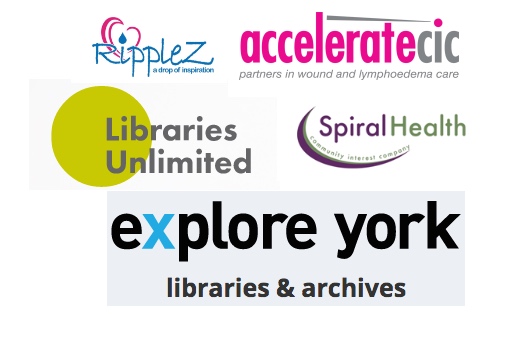[Editors note: This post was written by Jonathan Lindley, head of the Public Service Mutuals team in Department for Culture, Media and Sport]
The Libraries Ambition document, launched last week, refers to the opportunity to set up different models of delivery for these services in future. As I lead the Public Service Mutuals Team in the Government Inclusive Economy Unit, I’m particularly interested in helping any library services that are thinking of ‘spinning out’ into greater employee control or ownership to come to the right decision for them.
Public Service Mutuals
So what is a Public Service Mutual (PSM)? Our definition to date has been “an organisation which was in the public sector, continues to deliver public services, and has a significant degree of employee control.” Over the past 6 years we’ve helped around 115 PSMs to emerge and evolve. These are in a range of sectors including primary health care, adult social care, children’s services, and library and archive services. There are others, but these categories contain the majority. The legal form these PSMs take varies, as does the degree of actual ownership by employees: there are some where every employee has a £1 share, some where there is no formal share, some with more ‘plc-like’ ownership and many variants in between. However the common factor is that employees have far more say and influence in the running of the enterprise.

Why do people take this route? There are many reasons, often linked to preserving or increasing service levels, wanting to diversify, or creating an environment more conducive to innovation and change. The one common factor is a real passion for delivering the best possible service to users. Hard, up-to-date empirical data comparing success rates is pretty scant (though we are conducting some research at present to improve this). But the anecdotal evidence is that, post-spin out, employee engagement and satisfaction are significantly increased, that productivity is better with absenteeism and turnover lower, and that customer satisfaction is higher.
What are we going to do next?
To support any library service which is thinking about taking this route, we are putting in place some direct support. We are planning to offer four things:
- a technical advice scheme, where people who have specific skills help with business planning, legal and HR advice, financial management etc
- toolkits to assist through the various processes involved in spinning out
- peer support from those already working in mutualised libraries
- masterclasses on specific issues (for example business growth, dealing with tax and pension issues)
To be clear, spinning out to become a PSM is not necessarily the right model for all library services - and getting it up and running takes time, and requires hard work and dedication. Many of those who have taken this road to date believe strongly that they made the right decision, and wouldn’t want to go back to previous ways of working.
If you are interested in finding out more, please email me at mutuals@culture.gov.uk
1 comment
Comment by Trevor Craig posted on
You even admit there's scant evidence for this approach to libraries yet its clearly government policy to push this model. It seems to be the government approach to most things to come up with the policy, implement it, then search for the evidence to back it up afterwards. Isn't the civil service (and the code you sign up to) supposed to protect us from this sort of un-evidenced policy making?